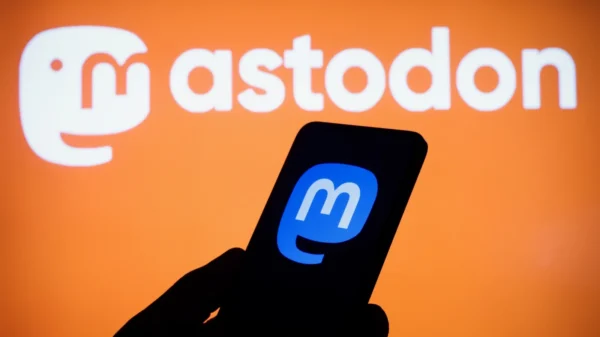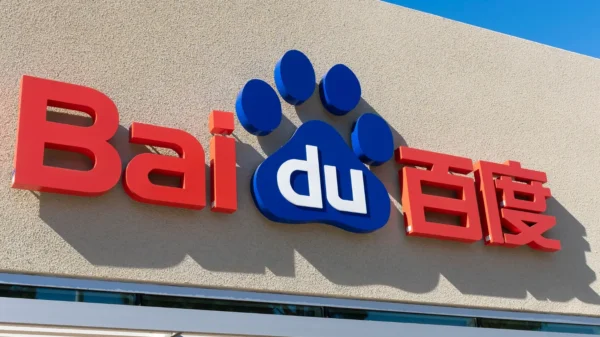The German cartel agency announced that Google, a unit of Alphabet (GOOGL.O), has consented to alter its user data practices to end a German antitrust probe intended to limit its data-driven market dominance.
In a charge sheet known as a statement of objections to Google regarding its data processing terms published in January, the German antitrust watchdog alleged that users had insufficient control over whether and how their data would be processed across the company’s services.
The profitable business model used by tech firms, which depends on selling tailored advertising based on the enormous amounts of consumer data they collect, is now under fire from authorities worldwide.
According to the German regulator, Google’s agreements will allow customers more control over how their data is used across all of the company’s platforms.
According to the cartel office’s president Andreas Mundt, “users of Google services will have a much better choice in the future as to what happens to their data, how Google can use them, and whether their data may be used across services.”
He added that this limits Google’s data-driven market strength and individuals’ ability to control how their data is used.
More than 25 other services, including Gmail, Google News, Assistant, Contacts, and Google TV, are covered by Google’s pledge.
Google Shopping, Google Play, Google Maps, Google Search, YouTube, Google Android, Google Chrome, and Google’s online advertising services are exempt from its provisions since they are all governed by a new EU law called the Digital Markets Act, which imposes comparable requirements.
Since acquiring broad powers known as Section 19a GWB in 2021, which enable it to examine and forbid specific sorts of acts by businesses with supreme significance and cross-market dominance, the German competition authority has increased its examination of Big Tech.
Investigations against Apple (AAPL.O), Meta Platforms (META.O), and Amazon (AMZN.O) have been sparked by this.















































